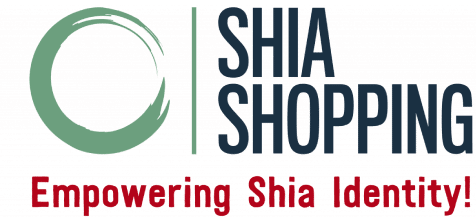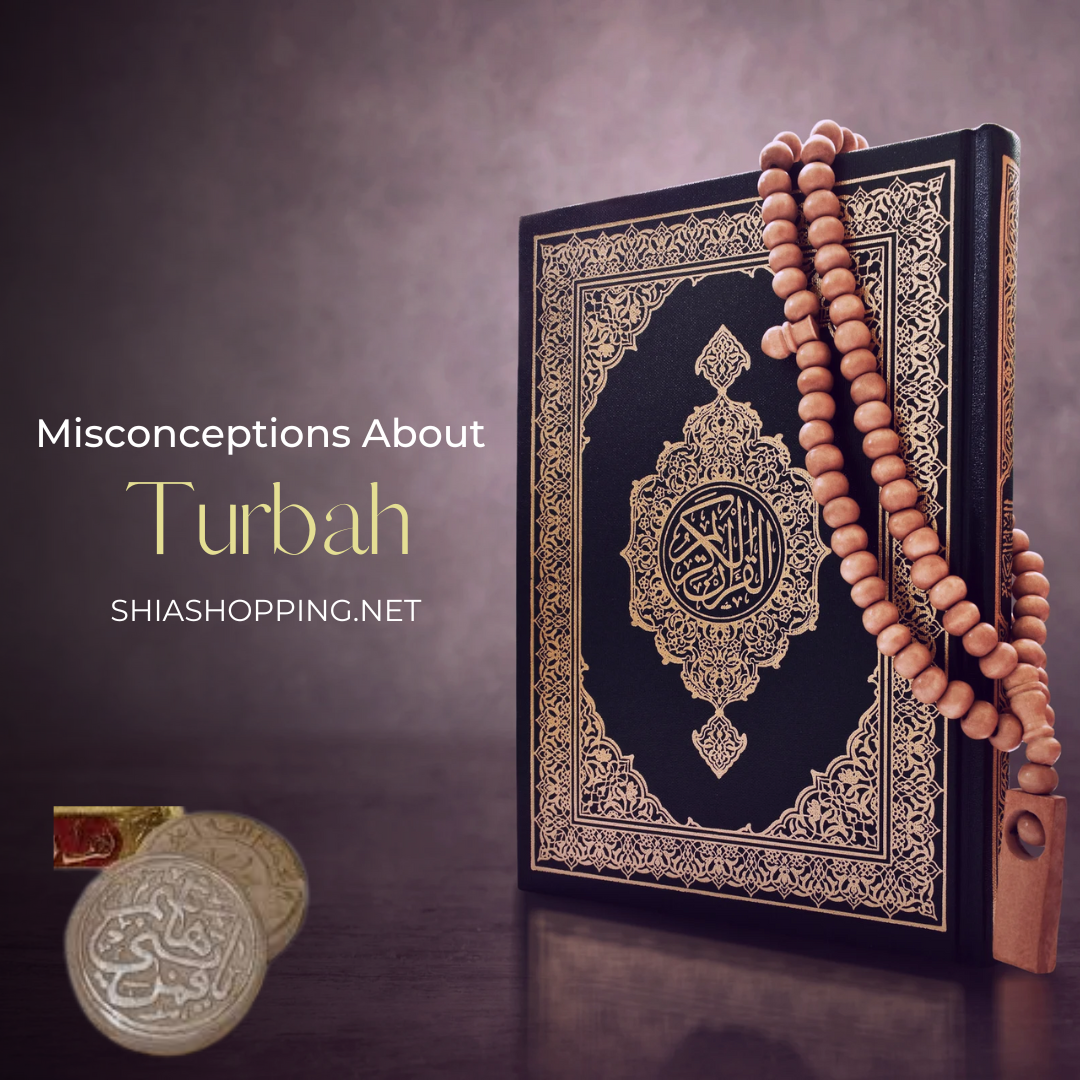There are many misconceptions about Turbah, often rooted in misunderstanding and cultural differences.
One common misconception is that Turbah represents a form of idol worship, which it does not.
However, this belief persists, leading to confusion and even conflict within the Muslim community.
Many people mistakenly think that using Turbah contradicts the principles of monotheism in Islam.
In reality, Turbah is simply a tool to help maintain humility during the prayer. Nevertheless, this misunderstanding has caused unnecessary tension, particularly between Shia and Sunni Muslims.
Additionally, some believe that Turbah use is exclusive to Shia Muslims, which is incorrect. While it is more common among Shia, some Sunni Muslims also use it in prayer. This misconception stems from a lack of awareness about the diversity within Islamic practices. Moreover, there is a belief that Turbah must be made only from the soil of Karbala.
However, this is not true; any clean, natural earth can be used to make Turbah.This flexibility highlights the importance of intention, rather than the specific material used in Turbah. Despite this, the misconception persists, causing confusion about the proper way to observe prayer.
-
Product on sale
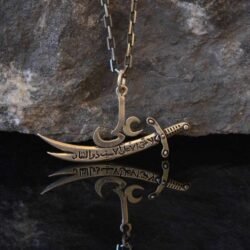 Imam Ali Zulfiqar NecklaceOriginal price was: £50.£30Current price is: £30.
Imam Ali Zulfiqar NecklaceOriginal price was: £50.£30Current price is: £30. -
 Imam Zamin Pair for Shia Ceremonies£25
Imam Zamin Pair for Shia Ceremonies£25 -
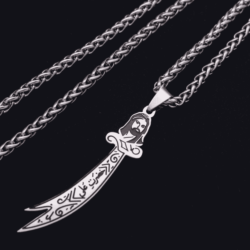 Imam Ali Zulfiqar Pendant Necklace£20
Imam Ali Zulfiqar Pendant Necklace£20 -
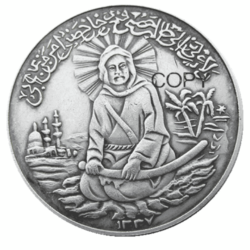 Imam Ali Souvenir Coin£10
Imam Ali Souvenir Coin£10 -
Product on sale
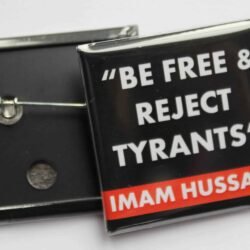 Imam Hussain quote BadgeOriginal price was: £8.£4Current price is: £4.
Imam Hussain quote BadgeOriginal price was: £8.£4Current price is: £4. -
Product on sale
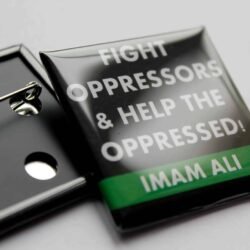 Imam Ali Quote BadgeOriginal price was: £8.£4Current price is: £4.
Imam Ali Quote BadgeOriginal price was: £8.£4Current price is: £4.
Furthermore, some think that using Turbah adds unnecessary complexity to the act of worship.
In contrast, many find that it enhances their spiritual experience and deepens their connection to God.
This belief that Turbah complicates prayer overlooks its true purpose and significance in Islamic rituals.
Another misconception is that the use of Turbah detracts from the core tenets of Islam. However, for those who use it, Turbah serves to enhance, rather than diminish, their faith.
This misunderstanding highlights the need for greater education and open dialogue within the Muslim community. Additionally, some believe that using Turbah is an innovation that strays from traditional Islamic practices.
-
Product on sale
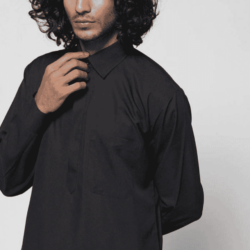 Collared Black Kurta Shalwar Set for MenOriginal price was: £70.£45Current price is: £45.
Collared Black Kurta Shalwar Set for MenOriginal price was: £70.£45Current price is: £45. -
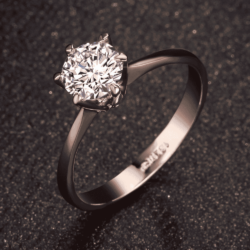 Classic Sparkling Zirconia Ring£15
Classic Sparkling Zirconia Ring£15 -
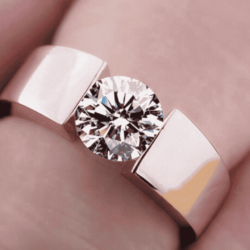 Decent Zirconia Ring (Gold/Silver)£10
Decent Zirconia Ring (Gold/Silver)£10 -
Product on sale
 Exquisite Rhinestone NecklaceOriginal price was: £30.£15Current price is: £15.
Exquisite Rhinestone NecklaceOriginal price was: £30.£15Current price is: £15. -
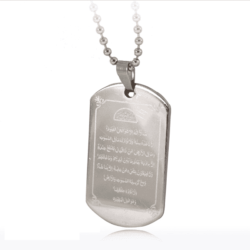 Ayatul Kursi Necklace (Taveez/Amulet)£10
Ayatul Kursi Necklace (Taveez/Amulet)£10 -
Product on sale
 Black Aqeeq Ring (White Gold Plated)Original price was: £30.£20Current price is: £20.
Black Aqeeq Ring (White Gold Plated)Original price was: £30.£20Current price is: £20.
In reality, Turbah use is deeply rooted in Islamic history, particularly within Shia traditions.
This misconception about its origins often leads to unnecessary criticism and resistance among some Muslims. Moreover, there is a mistaken belief that Turbah is essential for prayer, which is not accurate.
While it is an important element for some, others pray without using any physical object.
This flexibility in practice reflects the diverse ways in which Muslims connect with their faith.
However, the misconception that Turbah is mandatory can cause confusion and division among believers.
Addressing these misconceptions requires a commitment to education and understanding within the Muslim community.
By clarifying the role of Turbah, Muslims can foster greater unity and respect for diversity.
Ultimately, dispelling these myths is crucial for promoting harmony and cohesion among all Muslims.
Moreover, some people mistakenly think that Turbah is only a cultural practice, not religious.
However, for many Muslims, Turbah holds deep spiritual significance and is an integral part of worship.
This misconception often leads to a lack of appreciation for the religious importance of Turbah.
Furthermore, there is a belief that Turbah is a recent addition to Islamic practices, which is false.
Turbah has been used for centuries, particularly in Shia communities, as a symbol of piety.
This misunderstanding about its history often results in unfounded skepticism and resistance to its use.
In light of these misconceptions, it is important to approach the topic of Turbah with sensitivity.
By fostering dialogue and understanding, Muslims can bridge the gaps created by these misunderstandings.
-
 Ayatul Kursi Cuff Bracelet (4 Colours)£35
Ayatul Kursi Cuff Bracelet (4 Colours)£35 -
 Ayat ul Kursi Bangle Bracelet£40
Ayat ul Kursi Bangle Bracelet£40 -
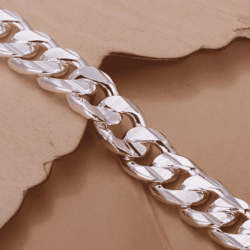 Mens Silver Bracelet (10mm)£25
Mens Silver Bracelet (10mm)£25 -
Product on sale
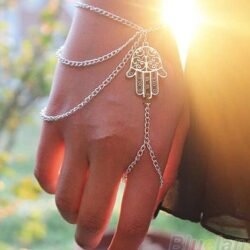 Khamsa Hand Harness (Silver multi chain)Original price was: £15.£10Current price is: £10.
Khamsa Hand Harness (Silver multi chain)Original price was: £15.£10Current price is: £10. -
Product on sale
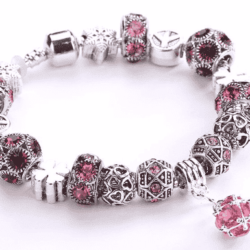 Pandora Charms Inspired Swarowski Barcelet (Pink)Original price was: £30.£25Current price is: £25.
Pandora Charms Inspired Swarowski Barcelet (Pink)Original price was: £30.£25Current price is: £25. -
Product on sale
 Gold/Silver Plated Allah BraceletOriginal price was: £15.£10Current price is: £10.
Gold/Silver Plated Allah BraceletOriginal price was: £15.£10Current price is: £10.
Ultimately, educating others about the true significance of Turbah can help reduce conflict and confusion.
In doing so, the Muslim community can move towards greater unity and mutual respect for all.
These efforts to dispel misconceptions are essential for strengthening the bonds of Islamic brotherhood.
By embracing diversity within Islamic practices, Muslims can promote a more inclusive and harmonious society.
In conclusion, addressing misconceptions about Turbah is key to fostering unity within the Muslim community.Further information, you can visit Meaning ofTurbah in Islamic history.
